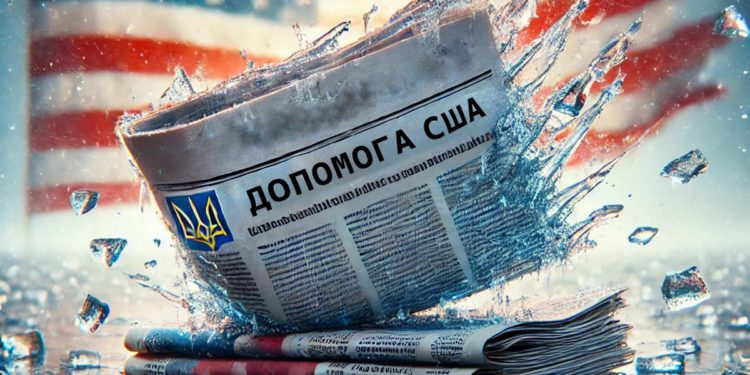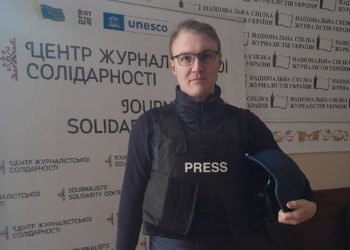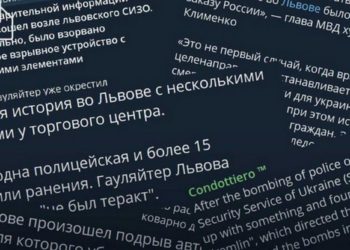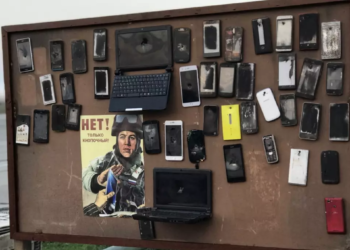The decision of United States President Donald Trump’s administration to freeze financial aid to almost all countries in the world, including Ukraine, has been a heavy blow to many Ukrainian media outlets, especially local publications in front-line areas.
According to the results of a National Union of Journalists of Ukraine (NUJU) survey of 81 participants in a meeting of heads and representatives of local publications with Deputy Minister of Culture and Strategic Communications Andrii Nadzhos, a third of those surveyed received support from USAID as of January 2025.
Oleksii Soldatenko, the program director of the Institute for Regional Media and Information (IRMI, Ukraine), notes that the cancellation of American aid has been an unexpected blow, primarily for small front-line media outlets, many of which survived only thanks to grant support.
The freeze on American financial aid has had a significant impact on local media in Ukraine, particularly those in front-line areas. Many media outlets, which relied on this support, are now facing severe financial difficulties. The situation has led to the cancellation of planned projects and the return of already allocated funds, causing staff layoffs and operational disruptions.
For example, the Novyi Den newspaper had to halt a project about internally displaced persons after just 24 days and return most of the received funds. Similarly, newspapers Holos Huliaipillia and Nashe Zhyttia had to return significant portions of their grants, leading to financial strain.
To survive, many media outlets have resorted to drastic measures such as working without salaries, reducing staff, and cutting salaries. The situation is particularly dire for media in front-line areas, where constant threats and evacuations have reduced their audiences. The crisis poses a significant threat to Ukraine’s information security, as the absence of local media could lead to a vacuum filled by disinformation, particularly from russian sources.
The NUJU Information Service conducted a survey of media representatives during a special online meeting with local media leaders, which was held by the Ministry of Culture and Strategic Communications together with the NUJU on March 3, 2025. The meeting was attended by Deputy Minister of Culture and Strategic Communications Andrii Nadzhos, First Secretary of the NUJU Lina Kushch, Director of the Department of Information Policy and Information Security of the ICSC Hanna Krasnostup, and more than 80 media professionals. The possibilities of solving the problems that have accumulated in the media sector in the conditions of war and the suspension of American aid were discussed.
NUJU Information Service

 THE NATIONAL UNION OF
JOURNALISTS OF UKRAINE
THE NATIONAL UNION OF
JOURNALISTS OF UKRAINE
















Discussion about this post